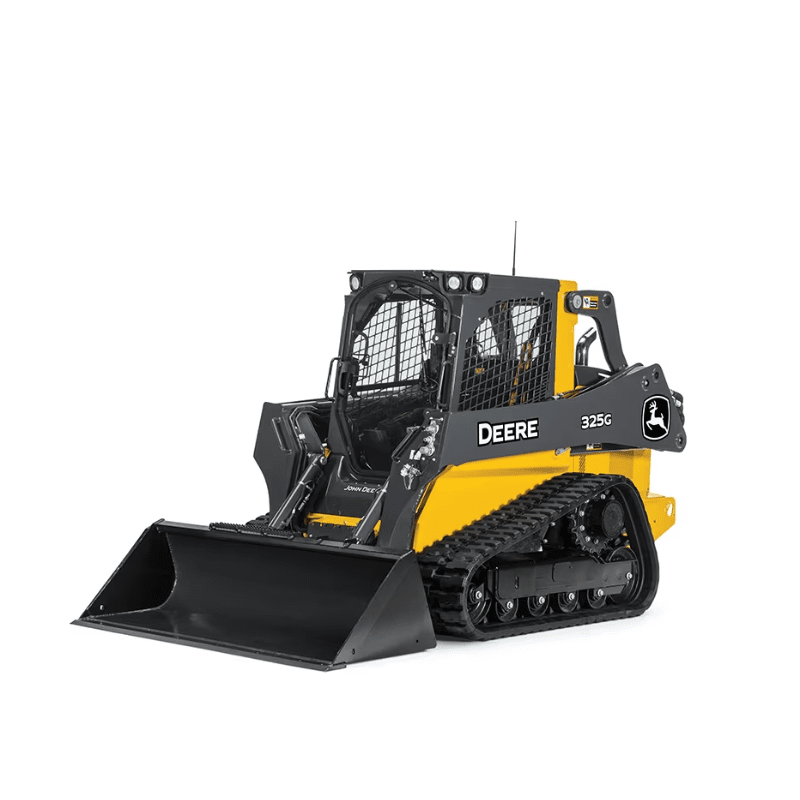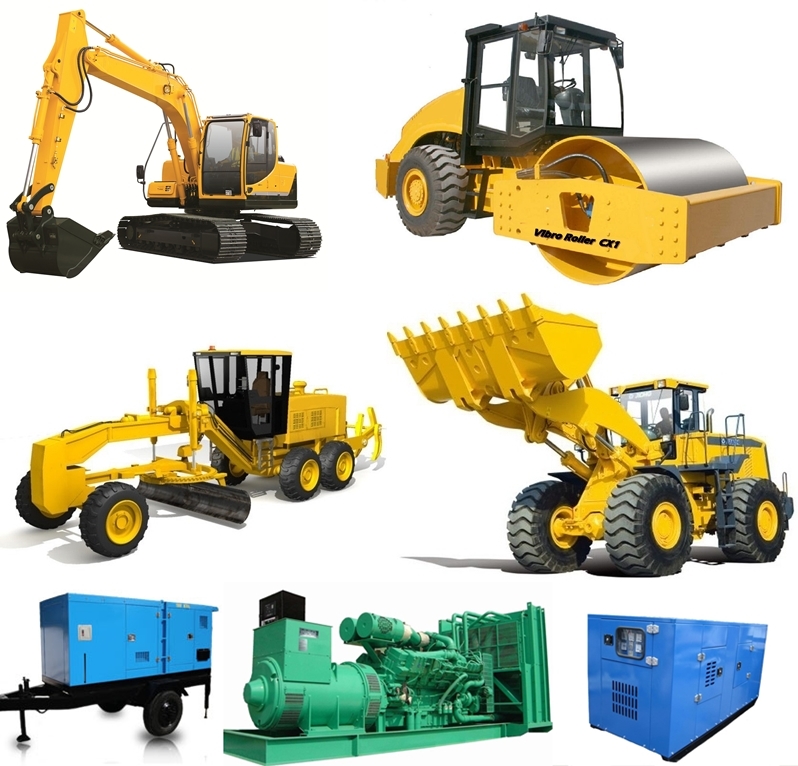Construction Equipment Rentals: Strong Equipment for Your Tasks
Construction Equipment Rentals: Strong Equipment for Your Tasks
Blog Article
Maximize Your Spending Plan by Recognizing the Costs Connected With Building Devices Leasings
Understanding the full extent of prices linked with construction devices rentals is critical for maximizing your spending plan. What methods can be used to successfully manage these expenses and make sure a more reliable rental experience?
Introduction of Rental Prices
When taking into consideration construction devices leasings, recognizing the connected costs is vital for reliable budgeting and job preparation. Rental prices can vary substantially based upon several aspects, including devices type, duration of leasing, and area. The first rental fee usually reflects the equipment's market demand and its connected operational capabilities, influencing the total expenditure.
In addition to the base rental rate, ancillary costs may emerge, such as transport costs, gas additional charges, and maintenance fees. It is crucial to make up these additional expenses to properly assess the overall price of leasing equipment. Additionally, the rental duration can affect prices; longer services may get approved for reduced prices, while short-term services could incur higher day-to-day charges.

Breakdown of Rental Prices
A detailed understanding of rental prices is necessary for specialists and project supervisors intending to optimize their budgets. Rental prices for construction devices generally are composed of a number of components, including base prices, time-based costs, and use costs.
Base rates are the core fees related to the service of the devices, usually identified by the type and dimension of the equipment. These rates can differ significantly, influenced by variables such as tools need, availability, and local market trends. Time-based costs, which might be daily, weekly, or monthly, serve to suit various project timelines and rental durations.
In addition, rental rates may consist of use charges, which apply when devices is used past a specified threshold, ensuring that the rental firm can make up deterioration. Seasonal need variations can also influence rental rates, with peak building and construction seasons generally commanding higher prices.
In addition, recognizing the rental business's policies regarding upkeep and insurance coverage can offer more insight into the general expense structure. By assessing these elements, contractors can make informed choices, guaranteeing the choice of rental tools aligns with both job needs and spending plan constraints.
Extra Fees to Think About
Recognizing the details of added costs is essential for contractors to handle their overall service expenses properly. Past the conventional rental prices, numerous additional costs can significantly influence the overall expense of devices leasing. These costs frequently consist of distribution and pickup costs, which can vary based on distance and logistics associated with carrying the equipment to and from the job site.
Furthermore, some rental firms might enforce gas surcharges if the devices is returned with less fuel than when rented out. It is additionally necessary to recognize possible cleansing fees, especially for customized equipment that needs detailed upkeep after usage.

Extensively evaluating the rental agreement and clearing up these additional fees upfront can aid contractors guarantee and stay clear of unexpected heavy equipment machinery prices that spending plans stay undamaged throughout the task lifecycle.
Maintenance and Repair Expenses
Routine repair and maintenance costs are usually neglected aspects that can significantly affect the overall expense of building devices rentals. When renting out equipment, it is essential to think about not just the rental fees yet additionally the possible prices connected with keeping the equipment in optimal operating problem.
Many rental companies consist of fundamental upkeep as part of the rental agreement; however, much more unforeseen malfunctions or extensive repair web work can result in added expenditures. It's necessary to assess the rental agreement thoroughly to understand what maintenance services are covered and what responsibilities fall on the tenant.
Additionally, equipment that is not well-maintained can bring about inefficiencies on duty site, possibly causing hold-ups and raising project expenses. To mitigate these threats, it is suggested to conduct routine evaluations and preserve open communication with the rental supplier pertaining to any type of issues that occur throughout usage.
Insurance and Responsibility Costs
Insurance policy and liability expenses are important parts that can substantially affect the general expenditure of construction equipment leasings (aerial lift rental). These prices make sure that both the rental company and the customer are safeguarded from possible monetary losses arising from accidents, damages, or burglary during the rental period

Furthermore, clients ought to recognize any kind of deductibles or exclusions in the insurance plan, as these can impact potential out-of-pocket costs. Understanding the conditions of any kind of insurance protection is vital to prevent unanticipated expenses. Inevitably, budgeting for insurance coverage and liability costs can help guarantee a smoother rental experience and shield against monetary threats linked with construction tasks.
Verdict
To conclude, a thorough understanding of the costs connected with building and construction tools rentals is vital for reliable spending plan monitoring. By evaluating rental prices, added costs, upkeep expenses, and insurance coverage organizations, individuals and demands can lessen unanticipated expenses. This strategic approach not only enhances cost-effectiveness but likewise makes sure that tasks proceed efficiently and successfully. Inevitably, informed decision-making concerning devices leasings adds to the general success of building ventures.
Rental expenses can differ significantly based on a number of aspects, including equipment kind, period of rental, and area (dozer rental). The rental duration can influence rates; longer services may qualify for reduced rates, while temporary services may incur greater daily costs
By performing complete research study and involving with reliable rental firms, contractors can successfully navigate the intricacies of rental pricing, eventually maximizing their monetary resources.
Beyond the standard rental rates, numerous extra charges can dramatically influence the overall cost of devices service. Rental companies usually offer liability insurance that covers injuries to third events or damage to building, while equipment damages insurance policy can cover the cost of repair services or substitute if the rented equipment is damaged.
Report this page